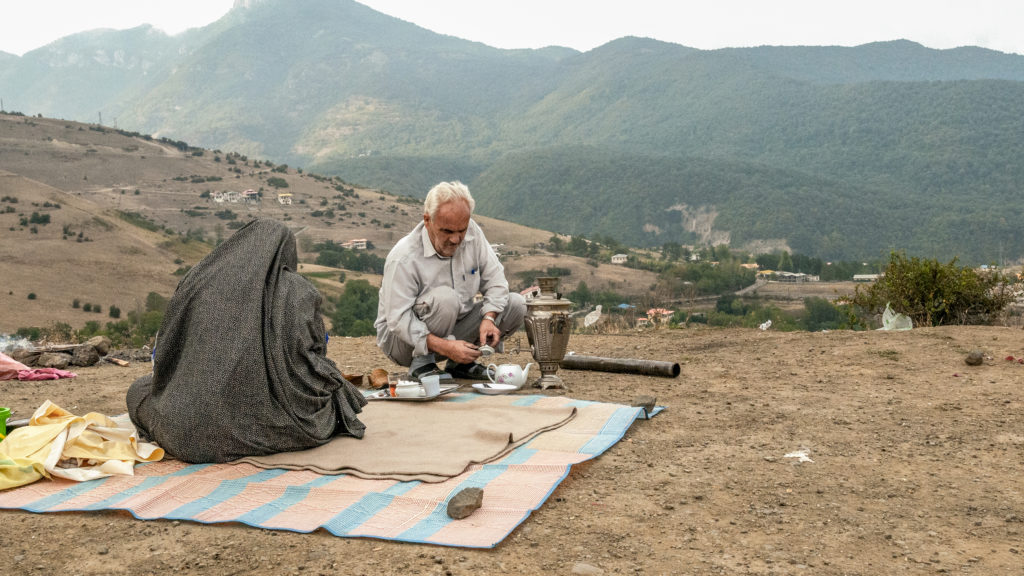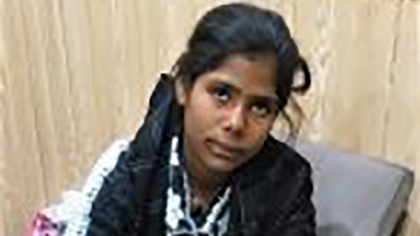Uttar Pradesh is a crossroads. The state in northern India is a crossroads for slave trafficking and prostitution because of its poverty, proximity to other poor regions and other social/economic forces.
But it also is a cultural, political and spiritual crossroads — and an enormous challenge for Christians who want the gospel to get a hearing in a noisy place.
“Uttar Pradesh is the epicenter of lostness in South Asia,” contends one mission strategist. “Who wins Uttar Pradesh wins India. Who wins India wins the Great Commission.”
About the size of Arkansas, Uttar Pradesh is home to a staggering 166 million people — few of whom know Jesus Christ as Lord. Bordering Nepal to the north and seven Indian states, it is by far the most populous state in India, with a sixth of the nation’s people.
If it were an independent country, it would be the sixth largest in the world.
It also is the historical cradle of Hinduism, Buddhism and Jainism and home to many of the most revered sites and myths of those religions.
About 10 percent of India’s priestly Brahmin caste live there.
Allahabad and nearby Varanasi are two of Hinduism’s holiest cities. Millions upon millions of Hindu pilgrims flock to the area to celebrate religious festivals and bathe in the confluence of the sacred Ganges and Yamuna rivers — and have done so for thousands of years.
“This morning we woke to a front-page headline and picture of 39 bodies of Hindus who had been crushed as they rushed to a sacred pond to wash away their sins,” a Christian worker recently reported.
“Over 200,000 people were in attendance to wash. This tragedy is an illustration of the lengths hungry hearts are willing to go to receive a pardon for their sin,” the worker said.
Yet Uttar Pradesh also is home to more than 32 million Muslims, nearly a third of India’s total Muslim population. Islamic rulers dominated the region for centuries beginning in medieval times. The Mogul emperor Akbar founded modern Allahabad in 1575.
“Uttar Pradesh has the highest population of Muslims of any state in India,” says a Southern Baptist worker. “It’s a very strategic place,” he stresses, if the gospel is to progress throughout South Asia.
Muslims typically are even poorer — and much harder to reach with the gospel — than Hindus in Uttar Pradesh. They aren’t yet being significantly reached by Indian evangelicals, most of whom live in southern India.
“Most [Indian Christians] are scared of them,” the worker said. “They don’t think they’re winnable, or they just don’t want to have anything to do with them.”
But things are changing. Despite opposition and persecution, Christian believers are multiplying rapidly in the state — and so are churches. In one key district, says a worker, “we can clearly identify more than 1,000 churches. A few years ago we couldn’t point to more than a handful.”
Their challenges: the spiritual strongholds of Islam, Buddhism, Hinduism and the ancient gods and goddesses of the vast gangetic plain; six megacities of more than 1 million people each and 100,000 unreached villages. (BP)





Share with others: